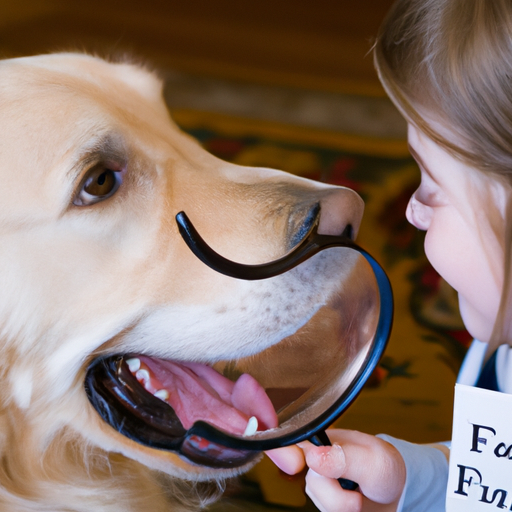H2: The Science Behind a Wet Nose
You might have noticed that your canine companion’s nose is often damp. This is not a sign of illness but a part of their biological makeup. Dogs’ noses secrete a thin layer of mucus that aids in their sense of smell. The mucus absorbs scent particles, which the dog can then lick to taste and further understand the smell. It’s a fascinating adaptation that highlights the intricate design of the natural world.
H2: The Role of a Wet Nose in Hydration and Cooling
In addition to aiding in scent detection, a wet nose can also be a sign of a well-hydrated dog. Just as we humans sweat to cool down, dogs also use their wet noses as a means to regulate their body temperature. Here’s how:
- Evaporative cooling: As the moisture on the nose evaporates, it provides a cooling effect.
- Hydration check: A wet nose can indicate that the dog is drinking enough water.
H2: Health Indications From a Dog’s Nose
While a wet nose can be a sign of a healthy dog, changes in your dog’s nose could signal potential health issues. Here are a few things to look out for:
- A nose that’s constantly dry and cracked
- Excessive nasal discharge
- Unusual colors or textures on the nose
If you notice any of these signs, it’s best to consult your vet immediately.
H2: Debunking the Myth: A Dry Nose Equals a Sick Dog
Contrary to popular belief, a dry nose doesn’t necessarily mean your dog is sick. Dogs’ noses can be dry for several reasons, including:
- Exposure to heat or cold
- Allergies
- Dehydration
As a caregiver, it’s important to understand your dog’s normal state and monitor for any significant changes.
H2: How to Care For Your Dog’s Nose
To keep your dog’s nose healthy, follow these simple steps:
- Keep them hydrated: Always have fresh water available.
- Protect their nose: Use dog-safe sunscreen or balms to protect against weather extremes.
- Regular check-ups: Regular vet check-ups can help detect any potential issues early.
| Tips | Description |
|---|---|
| Hydration | Always have fresh water available for your dog |
| Protection | Use dog-safe sunscreen or balms |
| Regular Check-ups | Regularly visit the vet for overall health checkup of your dog |
FAQ
Q: Can a dog’s nose change color?
A: Yes, a dog’s nose can change color due to cold weather, aging, or certain health conditions.
Q: Is a warm nose a sign of fever in dogs?
A: Not necessarily. It’s best to check their temperature if you suspect a fever.
Q: Should I be worried if my dog’s nose is dry?
A: A dry nose isn’t always a cause for concern. However, if it’s accompanied by other symptoms, consult a vet.
Q: How often should I check my dog’s nose?
A: Regular checks are beneficial. If you notice any changes, it’s time to consult your vet.



